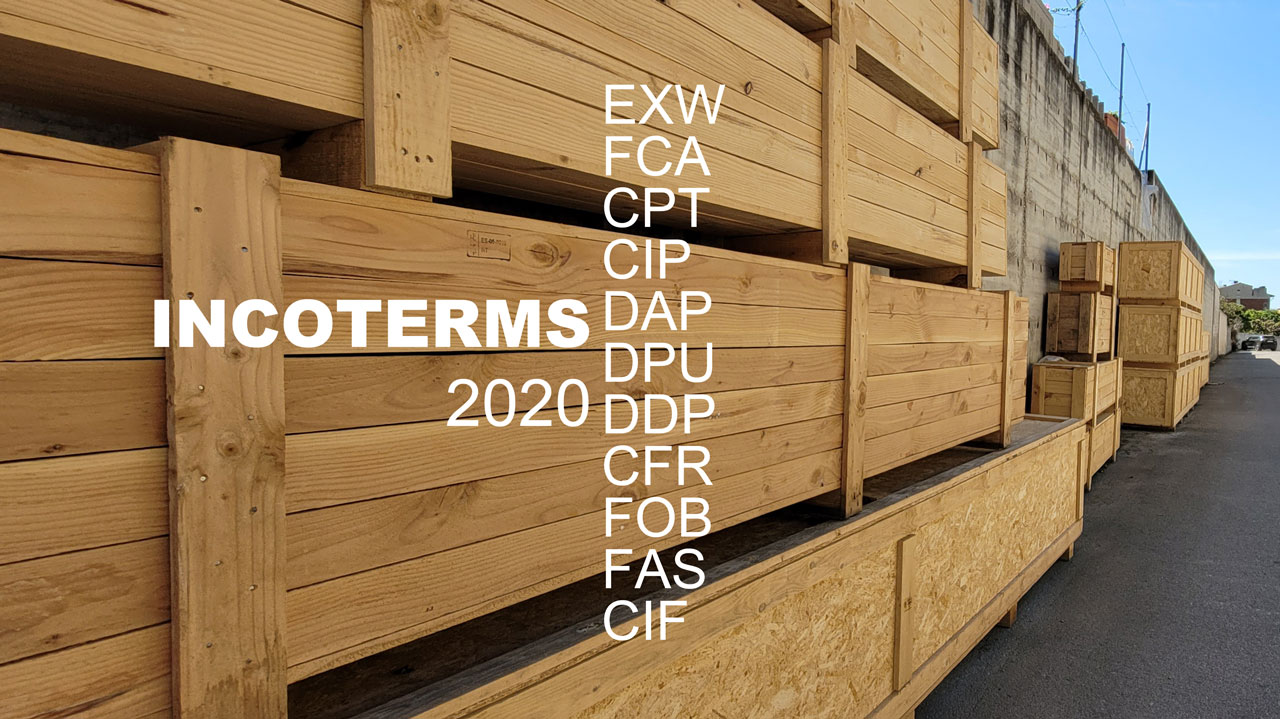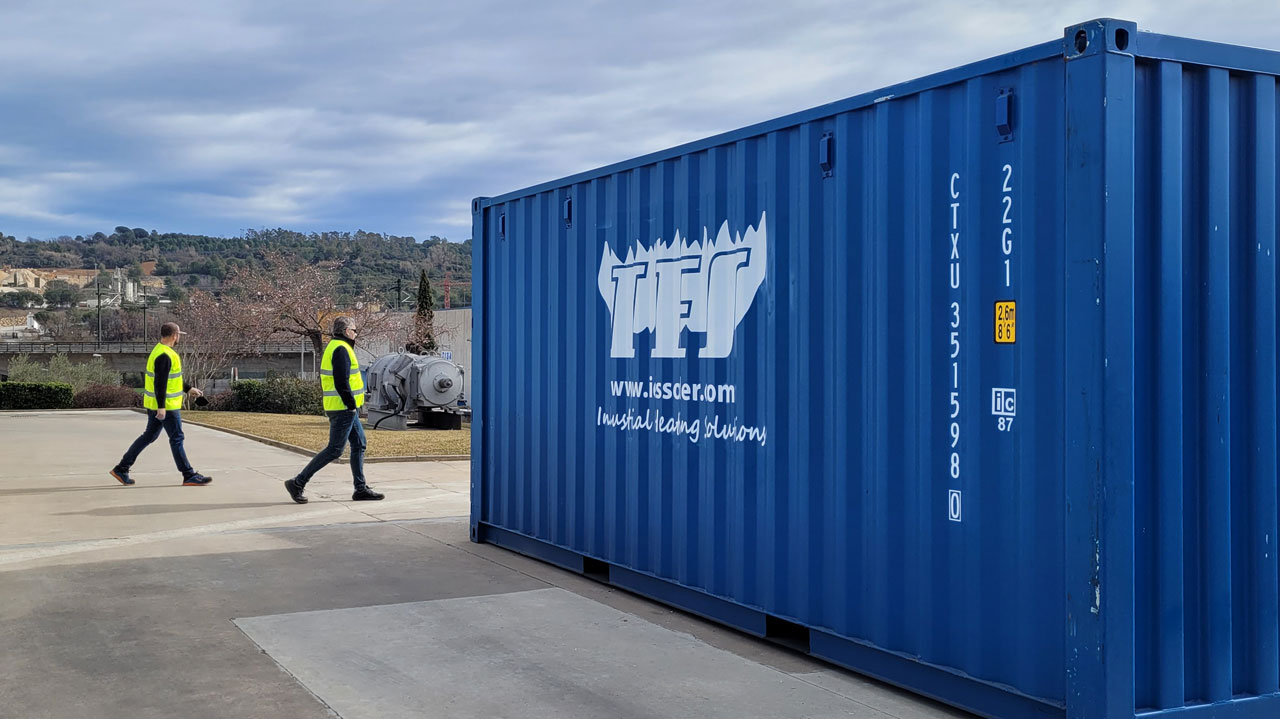Incoterms: The Key to Success in International Trade According
Incoterms: The Key to Success in International Trade According
Incoterms, an acronym for International Commercial Terms, are more than just standardized rules; they are the foundation of operations in the world of international trade.
In our company, we recognize the crucial importance of understanding and correctly applying Incoterms, as they are the backbone that guides our global transactions. These terms not only define the responsibilities of buyers and sellers but are also the cornerstone that allows us to avoid costly misunderstandings, shipment delays, and legal disputes.
That is why at Industrias Eléctricas Soler we constantly strive to keep our workers up to date with these terms, ensuring that we can all work under the same rules and with maximum efficiency.
 Incoterms, initially developed by the International Chamber of Commerce (ICC) in 1936, have been a fundamental guide in international trade ever since. At IES Soler, we understand that these terms are not static; they have evolved over time to adapt to changing global trade and logistical practices. The latest update, Incoterms 2020, reflects the ongoing commitment to adapt to the needs of modern trade. For us, this update is not just an adjustment in our business practices but an opportunity to improve our operations and stay at the forefront of efficiency in international trade.
Incoterms, initially developed by the International Chamber of Commerce (ICC) in 1936, have been a fundamental guide in international trade ever since. At IES Soler, we understand that these terms are not static; they have evolved over time to adapt to changing global trade and logistical practices. The latest update, Incoterms 2020, reflects the ongoing commitment to adapt to the needs of modern trade. For us, this update is not just an adjustment in our business practices but an opportunity to improve our operations and stay at the forefront of efficiency in international trade.
Global Export and International Operations
 Enter and explore how far our equipment reaches, map.
Enter and explore how far our equipment reaches, map.
IES is proud of its global reach, with around 50% of our operations being exports.
We electrify your heating processes; our projects range from the initial study to delivery, offering a global logistics service, under Incoterms, and on demand, we carry out commissioning worldwide.
Staying Up to Date: The Importance of Training
We understand the complexity and importance of these terms require ongoing and specialized training to ensure our staff is fully equipped to address the challenges and capitalize on the opportunities that arise in this area. We recognize that understanding and mastering them are fundamental, which is why we pay special attention to the training of our team involved in international trade operations. We ensure that they regularly participate in specific courses, such as those offered by the Chamber of Commerce, which cover topics from the fundamentals to the complexities of Incoterms 2020. These courses provide not only a solid theoretical understanding but also the ability to apply this knowledge in real-world practical situations.
What Incoterms Are Based On
As we have said, Incoterms provide indispensable information for the effective execution of international transactions, establishing the basis upon which costs, risks, and logistical obligations are distributed among the parties involved. These terms clarify key aspects of the negotiation and execution of international sales contracts, such as:
- Who is responsible for hiring and paying for transportation.
- Who assumes the insurance of the goods during their transit.
- At what point the transfer of risk from the goods from the seller to the buyer occurs.
Regarding the types of Incoterms specifically designed for export, a wide range is offered that allows companies to adapt to their specific logistical and risk needs. Some of the most relevant include:
- EXW (Ex Works): Places minimal responsibility on the seller, being ideal for those buyers who prefer to take full control over transportation and logistics from the origin.
- FCA (Free Carrier): The seller delivers the goods to the carrier appointed by the buyer at the agreed place, assuming the costs up to that point.
- FOB (Free On Board): The seller delivers the goods to the carrier appointed by the buyer at the agreed place, assuming the costs and risks until the goods are on board the transport.
- DDP (Delivered Duty Paid): This term represents the maximum level of responsibility for the seller, including the obligation to pay all costs until the goods are delivered to the buyer, including import duties and other fees.

This detailed structuring and the diversity of options available help companies plan more accurately and efficiently their foreign trade operations, thus ensuring smoother and more predictable transactions across international borders.
In Summary
Incoterms are the compass that guides every step of the process. From the delivery of the goods to the distribution of costs associated with transportation and insurance, these terms define every critical aspect of our business operations. We recognize that selecting and applying a specific Incoterm in a sales contract can have a significant impact on our financial and operational responsibilities.
At IES Soler, we understand the importance of this choice and strive to make informed decisions that allow us to optimize our resources and ensure smooth and efficient transactions for our customers and partners.
